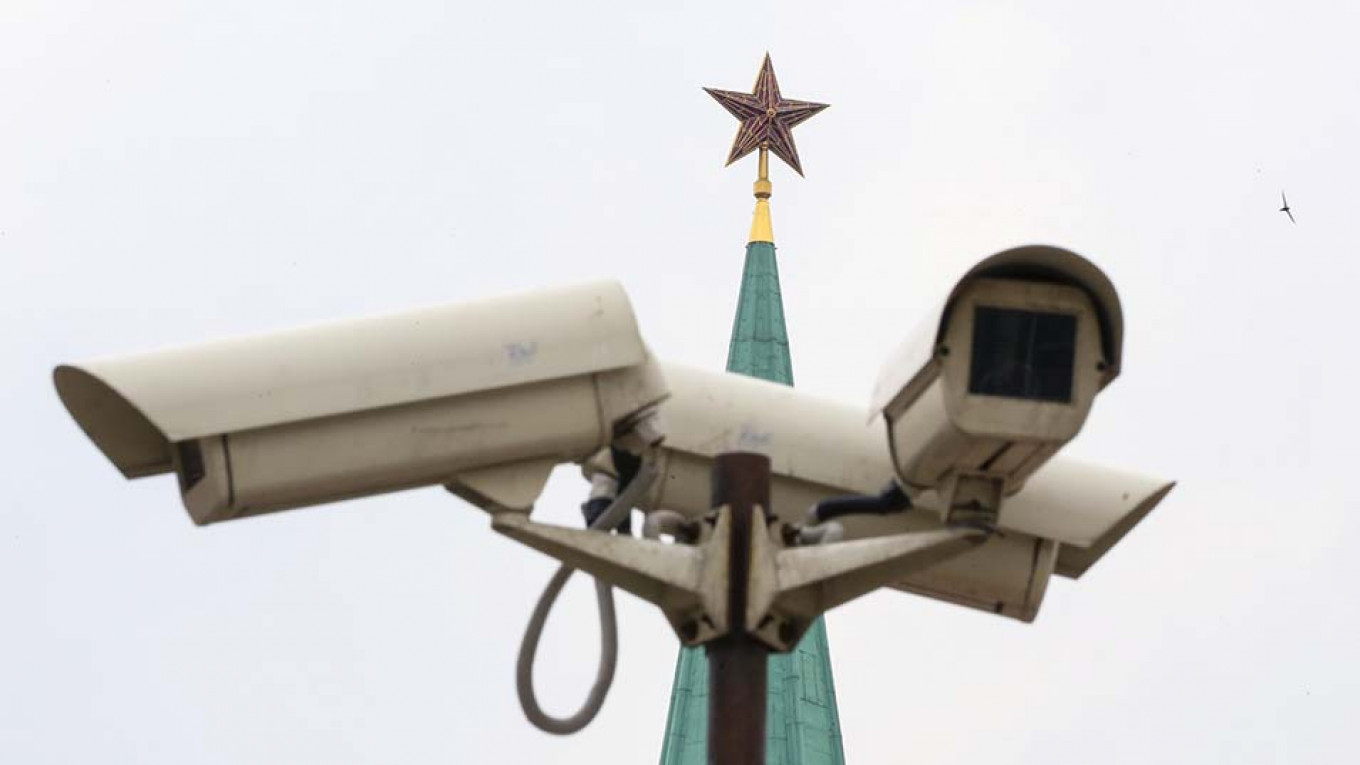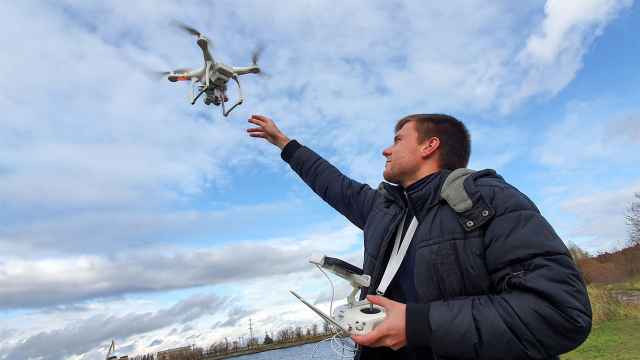Russia’s police force is developing technology that would allow them to identify criminal suspects by tattoo, iris and voice, the RBC news website reported Monday.
Moscow rolled out its facial recognition system, one of the world’s largest, on Jan. 1. Opponents have filed lawsuits against the Russian capital’s use of facial recognition over privacy concerns, while activists have campaigned against it by applying face paint in public.
The Interior Ministry’s biometric database that will include tattoo, iris and voice recognition is expected to go online by the end of 2021, RBC reported, citing an adviser to the minister.
The police force is testing additional recognition systems, including the ability to identify people by gait, an unnamed source close to the Interior Ministry told RBC.
The Interior Ministry has requested “several billion rubles” (1 billion rubles = $16 million) for the system’s initial development, RBC cited an unnamed source familiar with the ministry’s plans as saying.
The technology will reportedly receive funding from the Moscow city government’s “Safe City” project.
Moscow has spent or allocated at least $53.3 million on hardware for its facial recognition project, Reuters reported last month.
The Russian capital has one of the world's largest video surveillance networks, with over 170,000 cameras throughout the city. Facial recognition software is operational in 105,000 cameras installed at entrances to buildings, an unnamed source told Reuters last month.
Starting in September, facial recognition will be introduced in the Moscow metro.
A Message from The Moscow Times:
Dear readers,
We are facing unprecedented challenges. Russia's Prosecutor General's Office has designated The Moscow Times as an "undesirable" organization, criminalizing our work and putting our staff at risk of prosecution. This follows our earlier unjust labeling as a "foreign agent."
These actions are direct attempts to silence independent journalism in Russia. The authorities claim our work "discredits the decisions of the Russian leadership." We see things differently: we strive to provide accurate, unbiased reporting on Russia.
We, the journalists of The Moscow Times, refuse to be silenced. But to continue our work, we need your help.
Your support, no matter how small, makes a world of difference. If you can, please support us monthly starting from just $2. It's quick to set up, and every contribution makes a significant impact.
By supporting The Moscow Times, you're defending open, independent journalism in the face of repression. Thank you for standing with us.
Remind me later.







